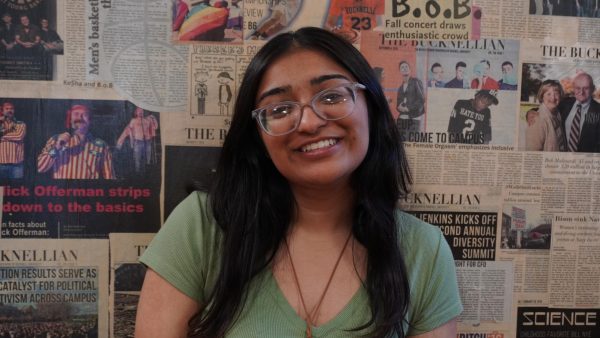The Trump administration’s proposed travel ban has been delayed again. But make no mistake, the delay is not a win. It’s a pause in a strategy that is becoming clearer by the day: target Muslims, target immigrants and target anyone who dares to speak out.
The ban would restrict visa access for people from several countries, many of which are Muslim-majority, including Afghanistan, Iran, Syria, Somalia and Sudan. The goal is to send a message that Muslims, immigrants and international voices are unwelcome. They say it’s about security and regulating borders but if it were, the list of countries would be broader, based on neutral risk assessments and not so consistently skewed toward Muslim-majority nations. No credible national security case has been made linking these specific countries to heightened threats in the U.S. In fact, the Supreme Court upheld a version of the original 2017 ban largely on procedural grounds, not because it was substantially justified.
As a Muslim person and student, I don’t need to read between the lines. The lines are clear. Over the past few months, I’ve watched Arab, Muslim and international students across the U.S. become scapegoats for political rhetoric, punished for participating in protests or simply speaking out in support of Palestinian rights. And it’s terrifying.
At Columbia University, Mahmoud Khalil, a Palestinian international student, was arrested by ICE and is now facing deportation. The administration claims his political views, specifically, his support for Palestinian rights are dangerous to U.S. foreign policy. At Cornell, Momodou Taal, a UK-Gambian doctoral student, had his student visa revoked after he joined protests deemed “disruptive.” He left the country before agents could arrest him.
Most recently, Rümeysa Öztürk, a Turkish PhD student at Tufts, was detained by ICE near her home. Her visa was revoked after she co-authored a student newspaper op-ed calling for divestment from companies tied to Israel. ICE accused her of supporting Hamas, not because of any concrete evidence, but because of her words. As someone who writes about these issues and believes deeply in the importance of divestment as a nonviolent and legitimate form of protest, this terrifies me. If political speech alone can be twisted into something criminal, what does that mean for the rest of us?
At Emory University, Umaymah Mohammad, a Palestinian-American medical student, was suspended after referencing a professor’s service in the Israeli army during an interview about Gaza. The school claimed it violated conduct standards. To many, it looked like retaliation for speaking out.
So let’s be clear: this is not just about one travel ban or one protest. It’s about the pattern. The silencing of international students. The targeting of Muslims. The fear tactics being deployed to discourage advocacy and activism, and how, unfortunately, they’re actually working.
I know students who have started second-guessing everything they say. Peers who once wrote articles or helped organize events now hold back, afraid that speaking out might endanger their scholarships, their visa status or their future careers. Students who care deeply about justice are pulling away from activism and advocacy because the cost feels too high. Even being part of a group chat or showing up to a vigil feels risky for some.
This is the chilling effect these policies are designed to create, punishing individuals and making an example of them so others fall silent. And here’s the truth: Islamophobia isn’t just “on the rise”, it’s being institutionalized. In 2024, the Council on American-Islamic Relations (CAIR) reported the highest number of anti-Muslim and anti-Arab incidents in its recorded history, a 7.4% increase from the previous year. So the issue is beyond X (formerly Twitter) and politics, it’s happening in lecture halls, dorm rooms and university disciplinary offices.
When university administrations stay silent while ICE detains students, or when they punish students for writing or speaking about Palestine, they’re sending a message: certain causes, certain identities and certain truths are too dangerous. That silence, too, is a form of complicity.
Universities should be the last place where this happens. Academic spaces are supposed to be where ideas are tested, where voices from across the globe come together and where dissent is not only allowed but encouraged. Instead, they’re becoming sites of fear.
International students, and all students, deserve better. We shouldn’t be punished for caring. We shouldn’t be told that political speech is only protected when it’s comfortable for institutions. And we definitely shouldn’t have to choose between our education and our voice.
So no, the travel ban being delayed is not a reason to relax. It’s a reason to organize. To speak louder. To stand by the students being targeted. To demand that universities protect, not punish, those who challenge injustice. To reject this new culture of fear that is being forced on us. Because if we let fear win, we lose everything that makes education and activism worth fighting for.




















